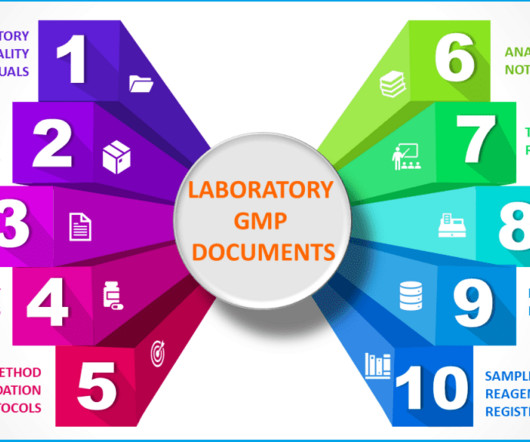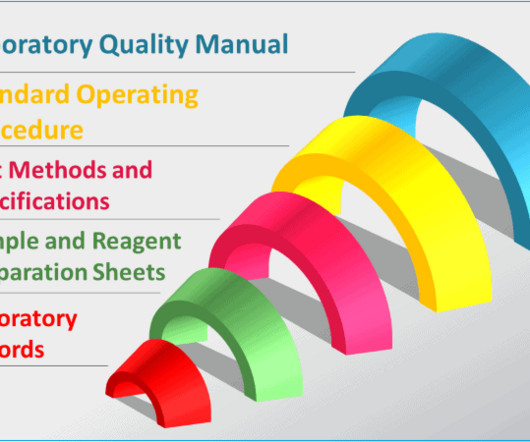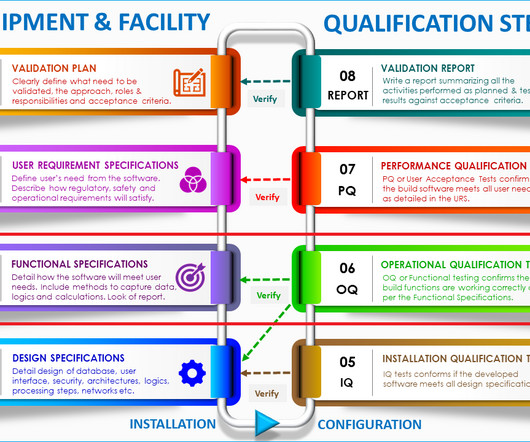Data cleaning and harmonisation: A catalyst for innovation
Express Pharma
JUNE 11, 2025
Data cleaning, the critical first step? Before scientists can harmonise data, they must clean it. By elim- inating the errors that arise from data entry, miscalculations, sensor malfunctions, or system glitches, scientists can build the data foundation required for harmonisation.


















Let's personalize your content